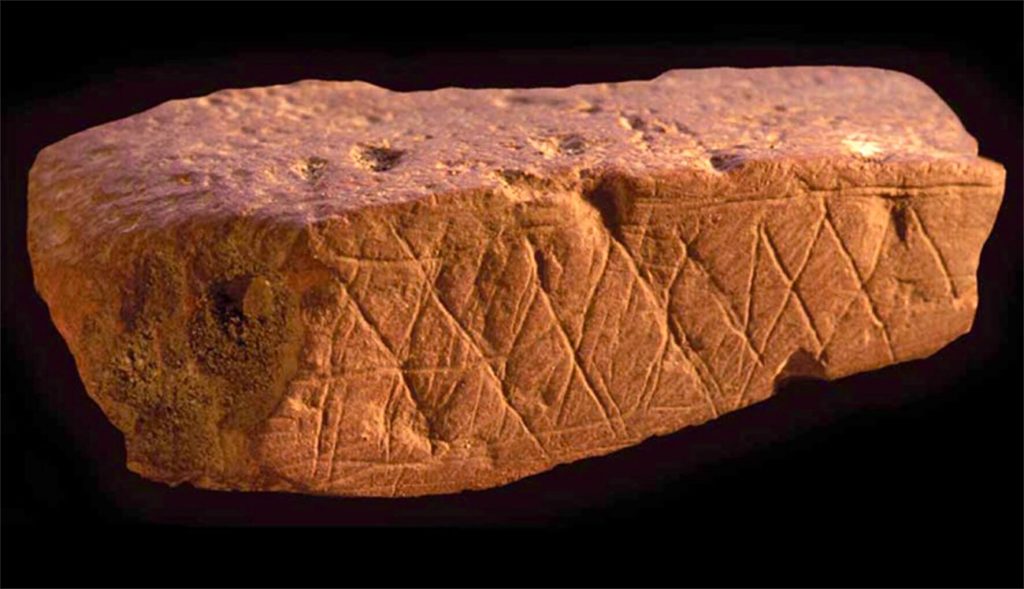2018 commemorated the end of the First World War when the guns fell
silent. 2018 also marked the creation of the Defence and National
Rehabilitation Centre (DNRC), one of the world’s best clinical
rehabilitation centres for the armed forces and potentially civilians
too. The centre was the brainchild of the late 6th Duke of
Westminster, who was determined that those who serve in the armed
forces should receive the best possible treatment for their injuries,
physical or mental. Its Patron was Prince William.
We were hired by the Duke of Westminster’s team to raise awareness
about the new centre. Many of the memories of the First World War were
encapsulated in poetry, much of it written at the time. Those poems
have been beloved by generations since. Therefore to celebrate the new
DNRC being used by patients for the first time, we wanted to launch an
initiative that reminded people that many servicemen today also suffer
life changing injury.
Such people, in confronting the reality of conflict or hardship,
display the same spirit of stoicism and optimism that people did a
century ago. The DNRC was created to embody that spirit, reflecting
humankind’s ability to triumph over adversity and look to the future.
We believed it was appropriate to use poetry once more to pay tribute
to that human achievement. For the DNRC, we therefore launched a
national poetry competition under the banner ‘A Poem to Remember’.
The competition began in January 2018 and was open to anybody above
the age of 16. Backing for it was secured from many of the UK’s
leading military charities and poetry organisations and Prince William
agreed to read the winning poem aloud at the DNRC’s opening
ceremony in the summer of 2018. A judging panel including the comedian
Stephen Fry was established, chaired by the historian Dan Snow. The
final five entries selected by them went forward to a national public
vote with the winner announced just before the centre opened so as to
provide media content to highlight its creation.
Reaction to the competition exceeded all expectations. The Sun
newspaper, which was the largest-read newspaper in the UK at the time,
was so taken with the competition that it became a media supporter,
promoting in print to its millions of readers. Further support was
received across the national media landscape, including in the Daily
Telegraph, Daily Mail, Daily Express and the London Evening Standard.
The BBC Radio 4 Today programme, the most prestigious news show in the
UK regularly featured the competition and interviewed the winner live.
The BBC TV programme Songs of Praise also featured an interview with
the winner and a reading of her poem ‘One for the Team’. In total more
than 5,000 entries were received, and the Hay-on-Wye literature
festival invited some of the amateur poets who had submitted their
poems to read a selection at their annual event.
To find out more about the DNRC go to
www.thednrc.org.uk


